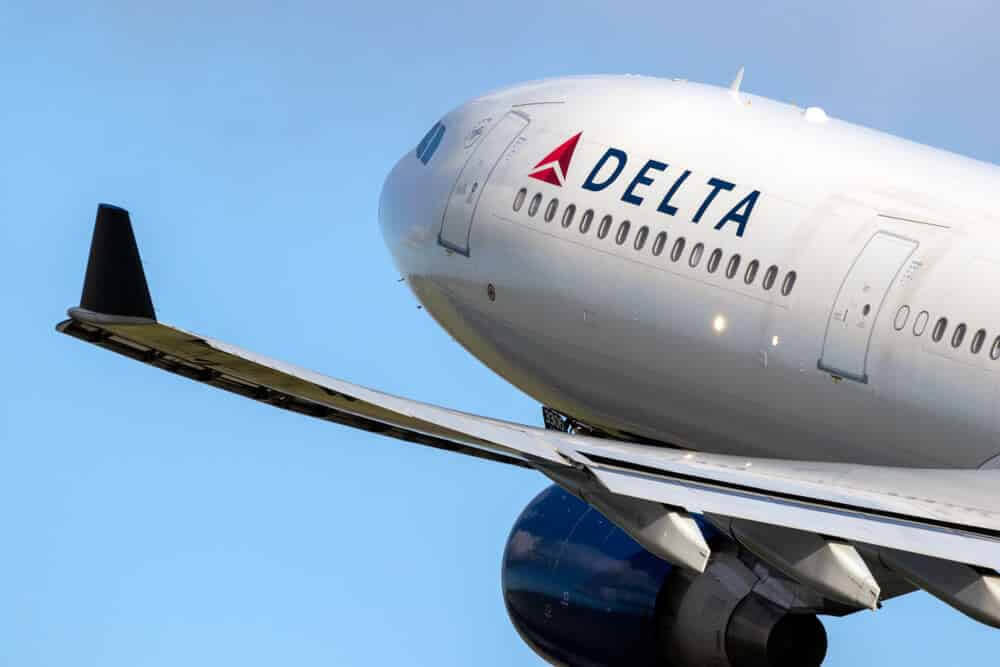
Delta Posts its First Quarterly Loss
Delta Air Lines Inc reported on Wednesday its first quarterly loss in eight years as COVID-19 devastates air travel demand. It warned that a recovery could take two to three years. Chief Executive Ed Bastian said we should be prepared for a choppy, sluggish recovery even after the virus is contained.
In stocks, the company’s stock rose modestly.
In a matter of months, U.S. airline companies like Delta have gone from expansion to survival. They have been searching for ways to raise and save as much cash as possible. Flight cancellations started outnumbering new bookings around mid-March.
By the end of the quarter, passenger volumes fell by as much as 95 percent. Bastian said, this certainly isn’t the world we were expecting when the year began.
This Atlanta-based airline swung to a $534 million net loss in the first quarter that ended March 31. It was a $0.84 loss per share, from a $730 million net profit a year earlier.
The airline company forecast a 90% decline in its second-quarter revenue.
Total operating revenues dropped 18% to $8.59 billion in the March quarter. The airline was burning $100 million per day at the end of March as it continued to operate.
The company’s shares rose 2.5% in premarket trading on the stock market today.
Delta’s Slowest Recovery
Between April and June, the airline is reducing its flight schedule by about 85%. This includes an 80% cut for domestic flights and 90% for international flights. Experts expect this to be the slowest to recover.
Capacity cuts, in addition to other measures including executive pay reductions and unpaid leaves should slow its daily cash burn. It could slow to about $50 million by the end of June, it said. Its total expenses could also decline by about 50%, or $5 billion, in the second quarter.
Delta, the first U.S. airline to post first-quarter results, is among those receiving a bailout from the government. It is meant to cover six months of payroll on the condition that it does not lay off employees. Furthermore, it should keep their workers until October and retain a certain number of flights.
It received half of its $5.4 billion payroll aid on Monday, the remainder will arrive over April, May and June.
Between that money, cost-saving steps and capital raisings, Delta expects to end June with $10 billion in liquidity. That is up from $6 billion in March.
The airline also said it was considering applying for an additional $4.6 billion in secured government loans. It will be under the stimulus package known as the CARES Act.
Airlines could benefit in the coming quarter from a recent drop in oil prices. But with so few planes flying, the impact may not be substantial.
In other stock trading reports, Southwest stock climbed 2% while Southwest Airlines rescheduled its first-quarter earnings date. It was moved from Thursday to next Tuesday.
Moreover, American Airlines dipped 0.1% while United Airlines, which priced 39.25 million shares overnight to raise capital, fell 3%.




